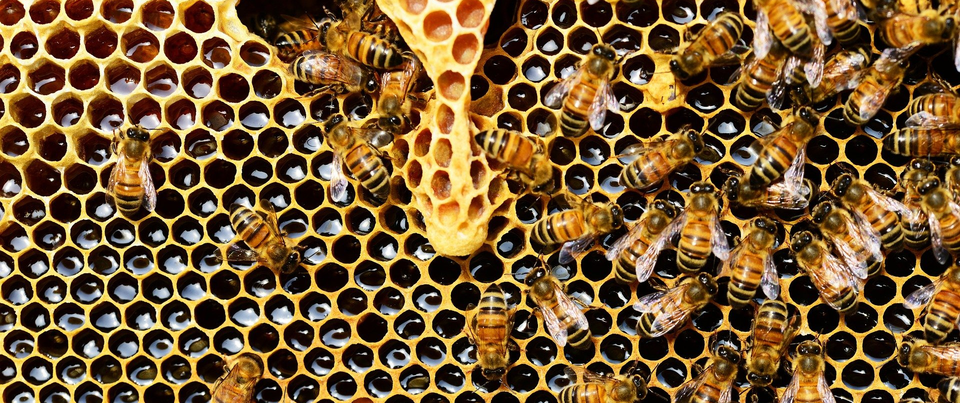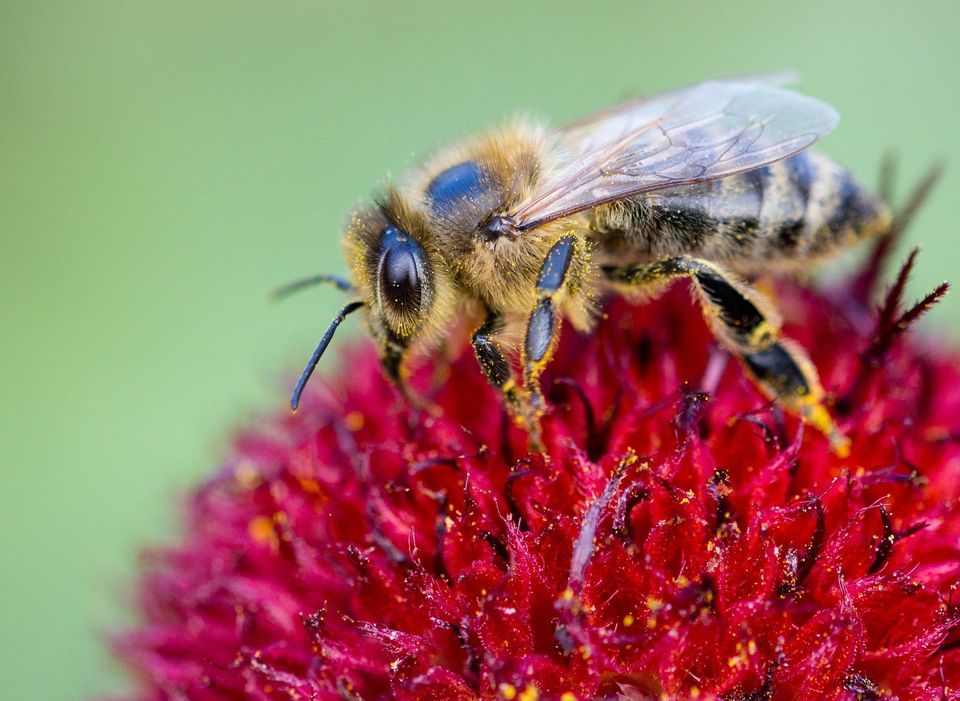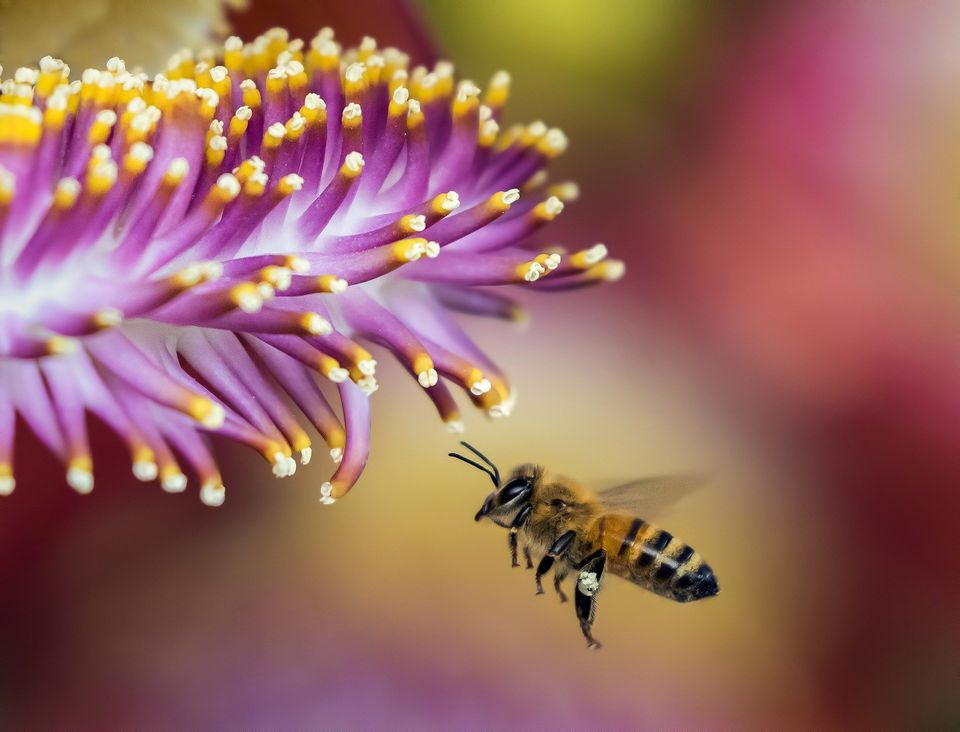4 Benefits of Bees (and What to do About Their Disadvantages)
It’s a beautifully sunny day — the breeze is calm, the birds are chirping… and bees are swarming your head, seemingly plotting the perfect attack. While they can be annoying (and painful!), the benefits of bees are innumerable and arguably outweigh their disadvantages.
Keep these bee benefits in mind the next time you’re tempted to squash one — The limited disadvantages they present (hello, painful stings!) will become minor and manageable!
4 Significant Benefits of Bees
At the end of the day, we simply need bees. Here’s why:
1. Plant Pollination
As they collect nectar for their hives, bees travel from plant to plant spreading pollen that collects on their furry legs and bodies. Aside from the many benefits of having bees in your garden, bees pollinate a shocking 85 percent of food crops intended for human consumption. Research suggests that bees are critical to our environment, climate change and even the production of coffee!
2. Food Preparation
Aside from pollinating pretty much everything we eat, bees are the only insect that produce a food consumed by humans. Just one of the many benefits of bees, honey provides numerous vitamins, minerals and antioxidants to our diets. Most notably, honey contains adequate levels of vitamins B1, B3 and B6, as well as minerals like calcium, iron, potassium and zinc.
3. Antibacterial Properties
In addition to its use as a healthy alternative to sugar in baked goods and cooking, honey has powerful antibacterial properties. It kills bacteria and prevents infection in skin wounds and has been shown to relieve allergies thanks to trace amounts of pollen. Although unproven, it has also been touted as a facial revitalizer with skin clearing and wrinkle reducing powers.
4. Wax Production
Bees house their honey in a fortress of wax honeycombs. As far back as the 6th century A.D., our ancestors used beeswax to make candles, develop cosmetics and even to fill cavities! Today, it is most commonly added to beauty products, wood furniture waxes and concrete polish. It’s also been used to preserve bronze and copper, waterproof leather and in the waxy coating on cheese rounds!
Despite the numerous advantages of bees, we humans are quick to kill these little stingers.
Disadvantage of Bees: The Sting
While their stings can be painful (and dangerous to people with allergies), they pose a minimal threat to our daily lives. They only sting when feeling threatened (such as when protecting their hives), or when squished.
To capitalize on the many benefits of bees, you can take a few simple precautions to avoid a bee sting:
- Don’t walk barefoot outdoors
- Avoid touching live bees
- Move away from an area if a bee appears to be triggered, as his home is likely nearby
Their stingers are barbed, making them difficult to remove, but even worse to leave in, as they will release additional venom and cause more pain over time. If you do get stung, remove the stinger immediately with tweezers or by scraping your fingernail over it to loosen the stinger.
With a little precaution — and practice remaining calm when under attack! — you’ll be enjoying the sunshine and benefits of bees in no time!
Have a bee problem that can’t be solved by leaving the area? Give us a call for quick, ethical bee removal!












